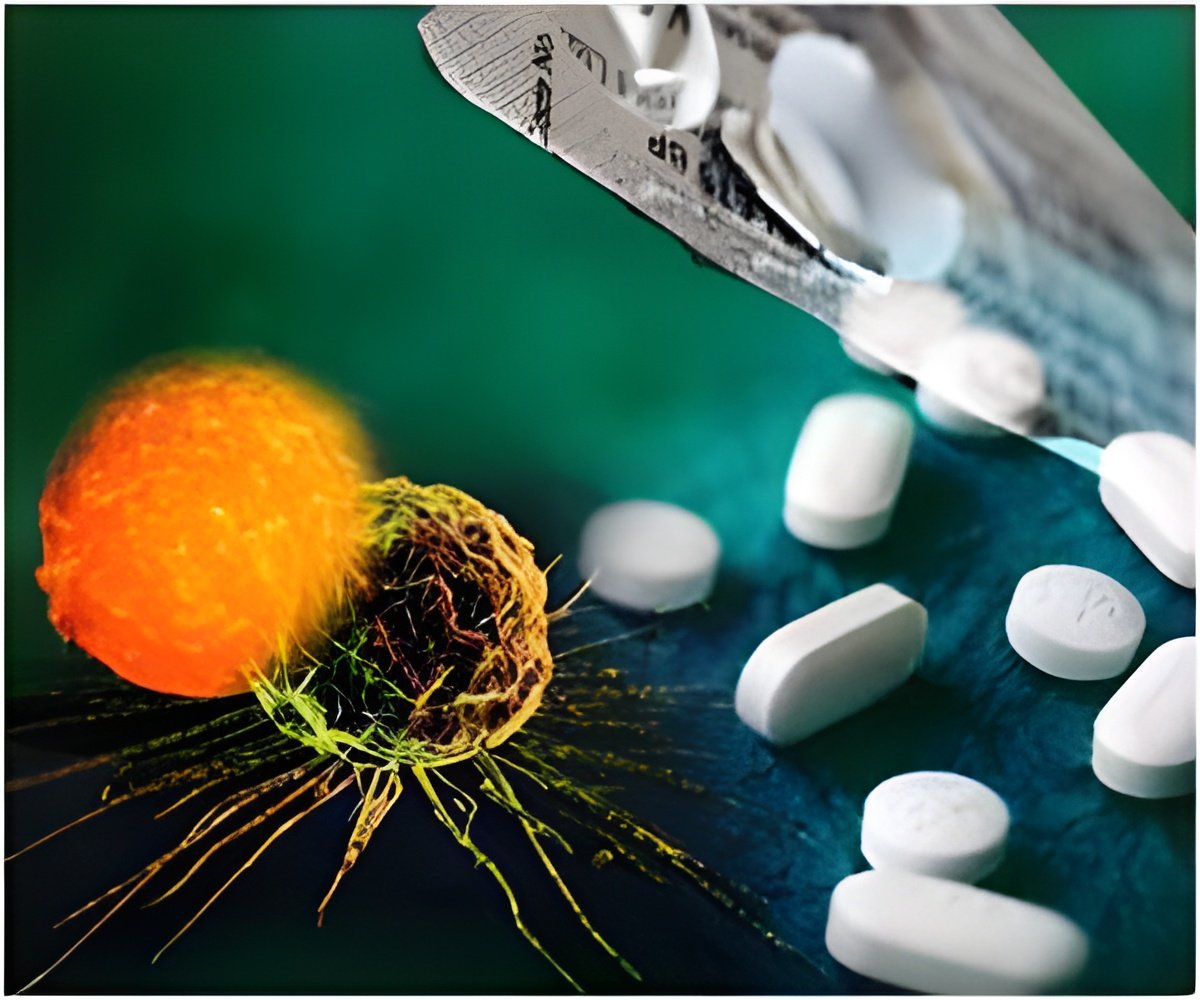Researchers have discovered two genetic mutations involved in converting carbohydrates into energy that could play an important role in the development of a fatal neuromuscular disorder

Rutter and Thummel are senior authors on a study published online in Science Express on Thursday, May 24, 2012.
The researchers studied two proteins, Mpc1 and Mpc2, which are among a dozen proteins they looked at in fruit flies, yeast, and then humans. They discovered that the two proteins play a pivotal role in the cellular process that produces the majority of ATP, a molecule that is the main source of energy for cells and is essential for people and other animals to live. Rutter and his colleagues also discovered that when Mpc1 and Mpc2 are impaired they cause the deadly and as of yet unnamed neuromuscular disorder. This disorder affects thousands of people worldwide.
To produce ATP, the body metabolizes carbohydrates and converts them into pyruvate, which then typically enters into the mitochondria in cells. Once inside the mitochondria-a self-contained unit often referred to as a cellular power plant-pyruvate is consumed in the production of ATP. Rutter and his fellow researchers discovered that Mpc1 and Mpc2 are critical for pyruvate entry into mitochondria. When Mpc1 and Mpc2 are eliminated or mutated, pyruvate cannot enter into mitochondria and ATP is not efficiently produced - and that''s when serious health problems can arise, including the neuromuscular disorder that in its most severe forms is deadly.
The ramifications of this study go beyond the production of ATP and birth defects seen in the neuromuscular disorder. The findings may be useful in understanding some of the metabolic defects associated with cancer and heart disease, according to Rutter. Cancer cells typically don''t consume their pyruvate in the production of ATP at the same rate as normal cells. Instead, they convert the pyruvate to lactate. This property of cancer cells is called the Warburg Effect and is named after Nobel laureate and cancer researcher Otto Heinrich Warburg. Some forms of heart disease have a similar problem.
Further study based on the current research may provide important information regarding those diseases, according to Rutter. "That might be the most important outcome of our studies in the long run," he says.
The study''s first author is Daniel K. Bricker, a doctoral student in human genetics at the University of Utah. Researchers from Harvard University, and the Laboratoire de Biochimie and the Institut de Genetique et de Biologie Moleculaire et Cellulaire, both in France, also contributed to the study.
Source-Newswise














